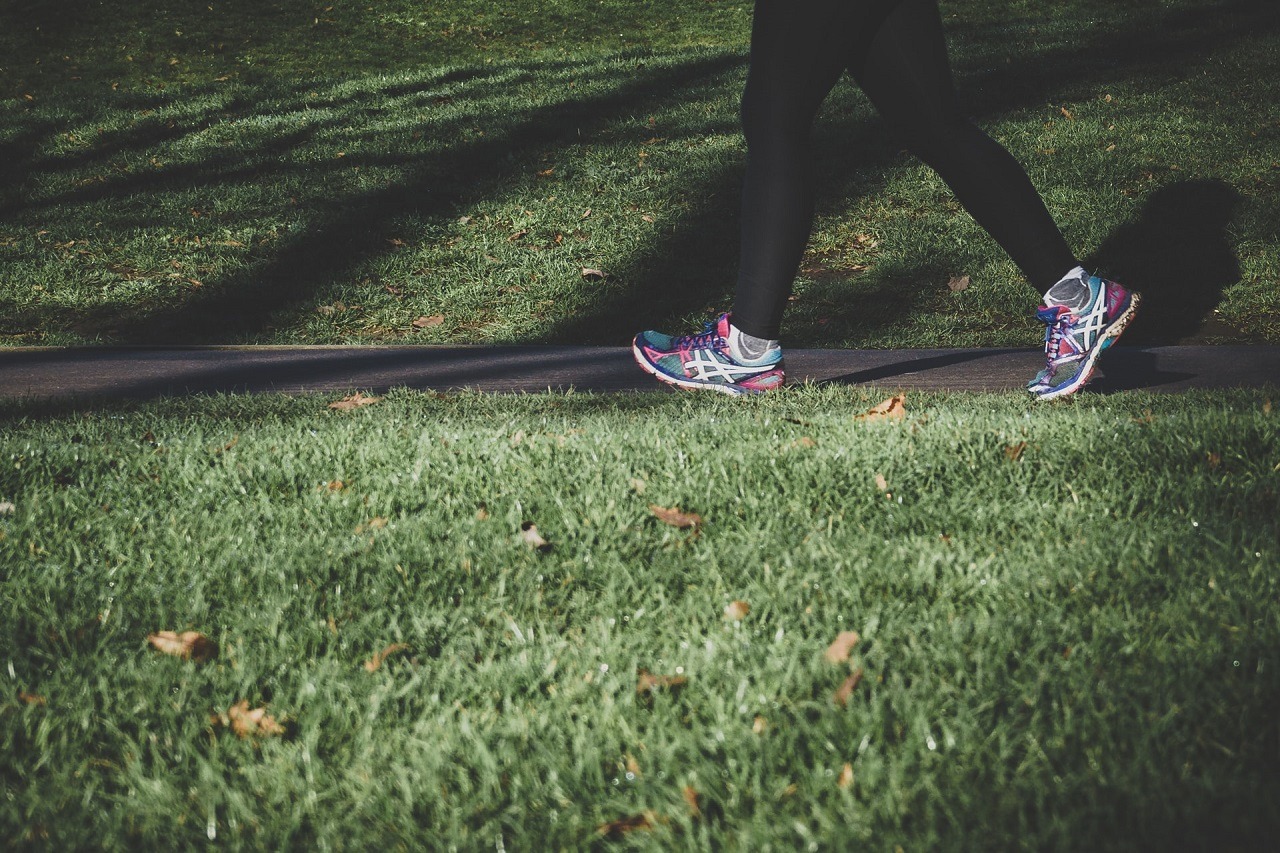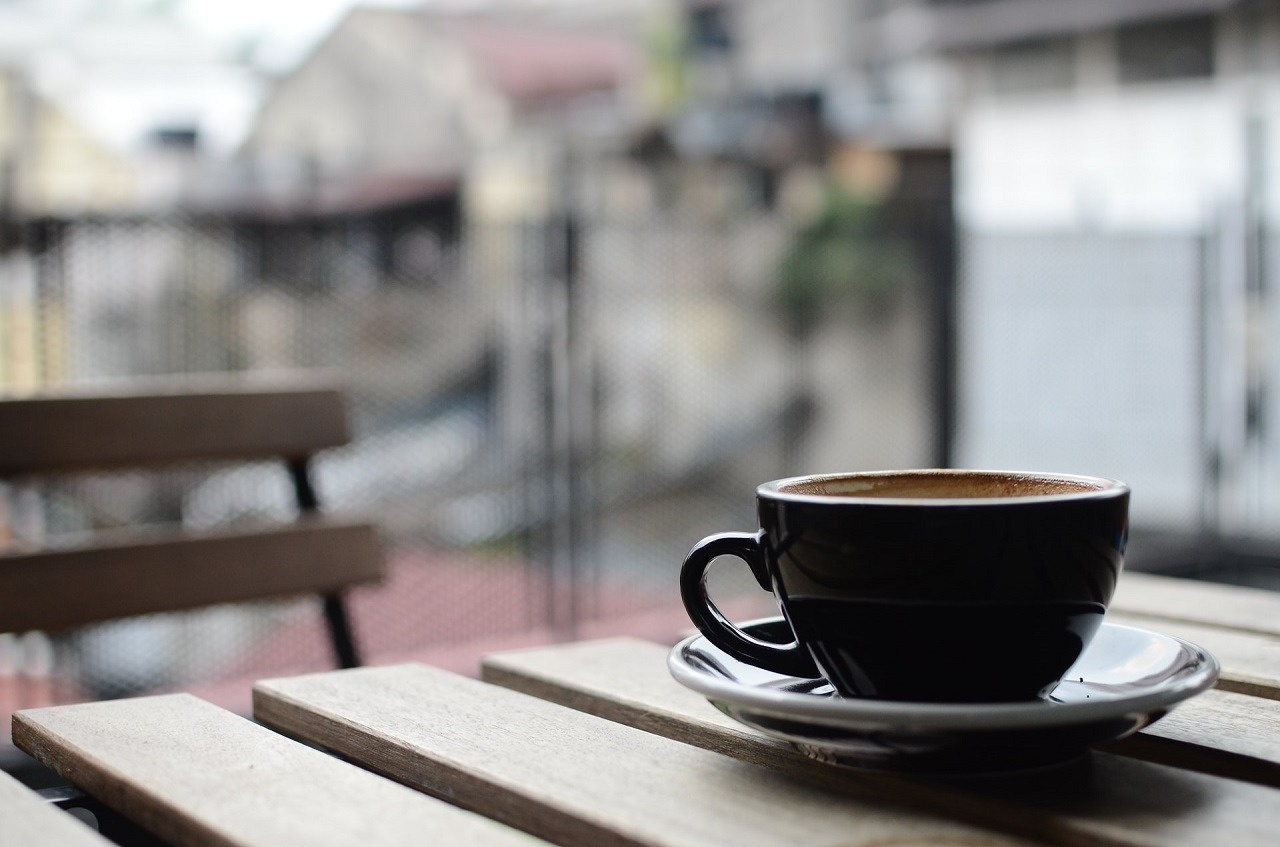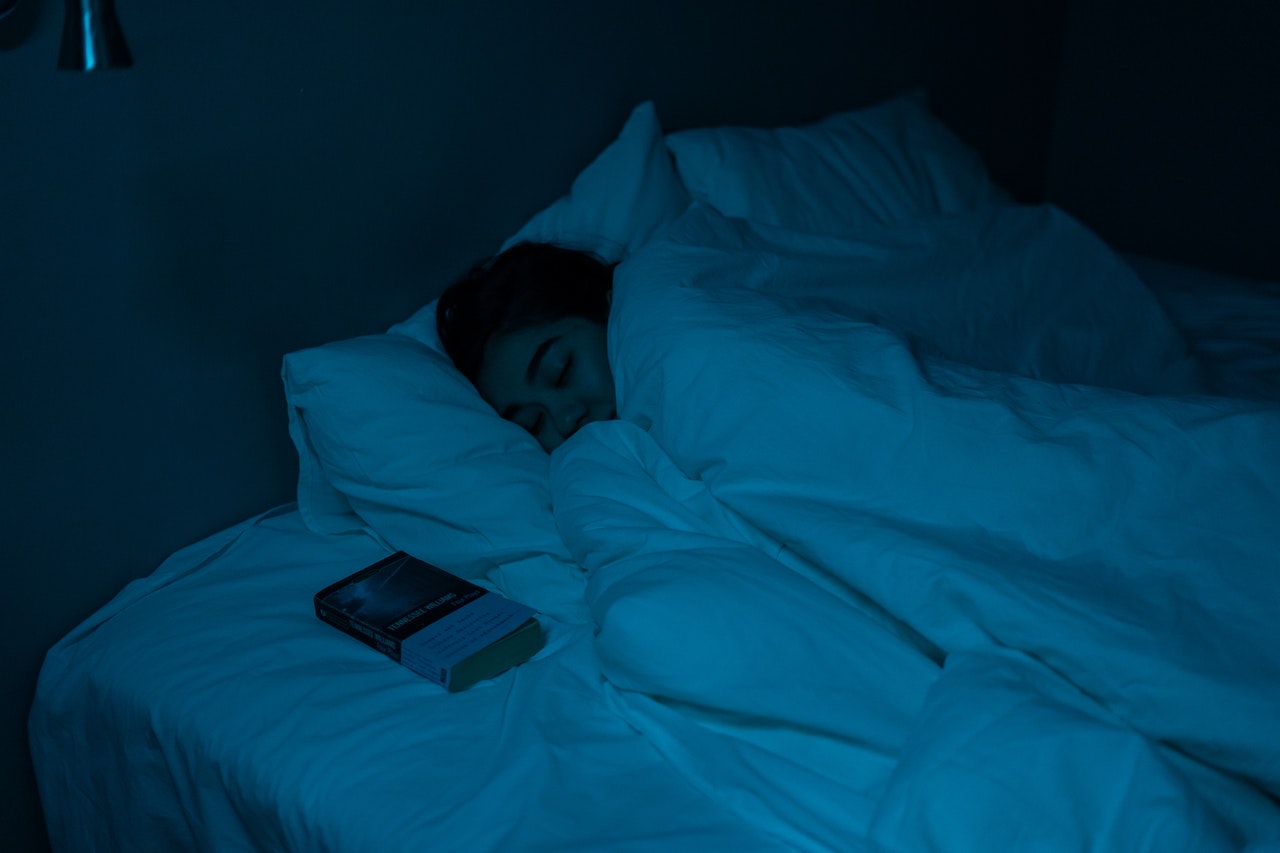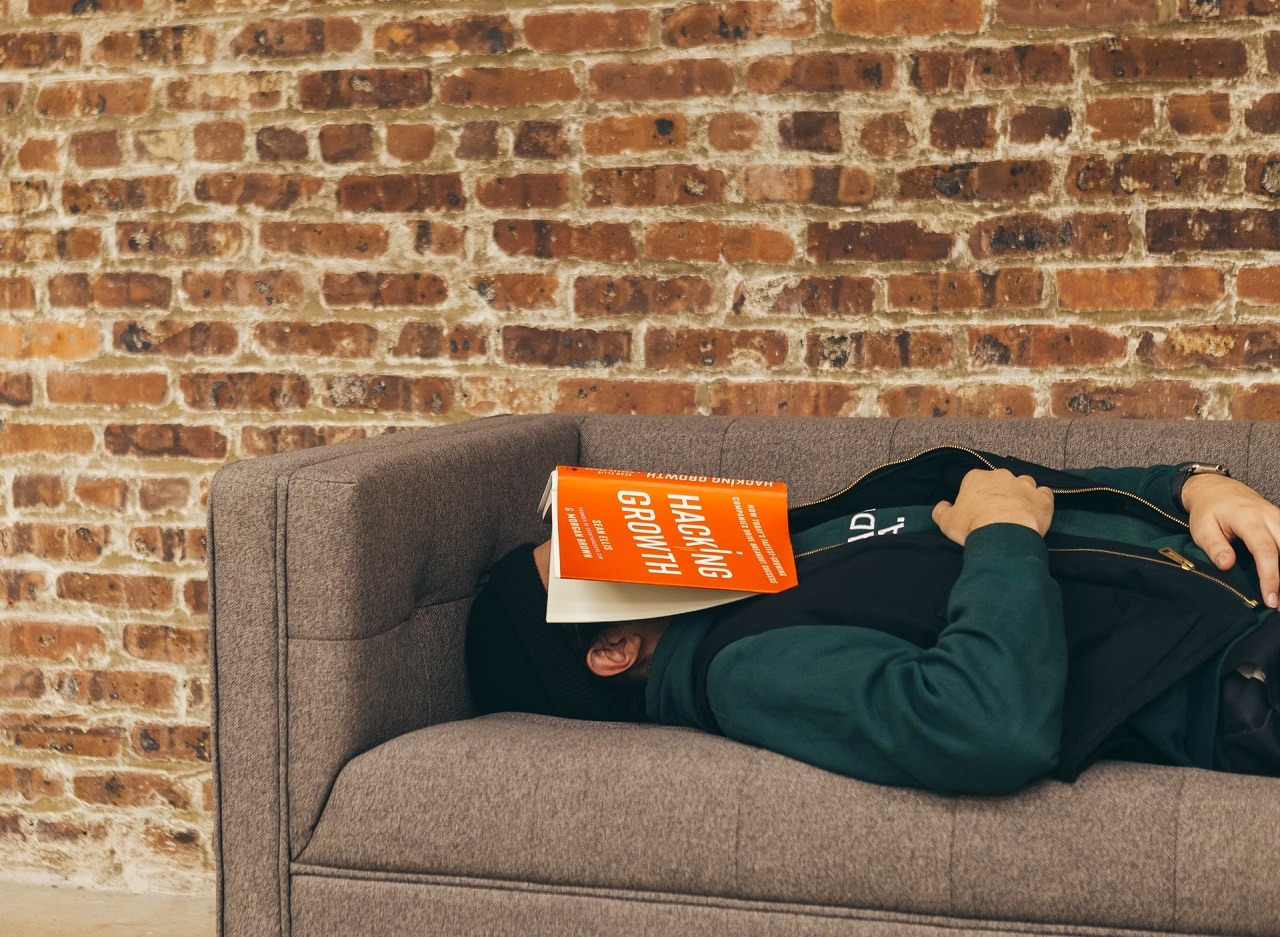Sleep is often the most neglected and underrated component of a person’s health and wellbeing. Yet, it is arguably the most important of them all. It is just as important as eating a balanced diet and getting regular exercise. Nonetheless, modern-day living does not always embrace the need for adequate sleep.
According to statistics from the American Sleep Association, at least 70 million adults in the country suffer from some form of a sleep disorder. If you’re one of them, the good news is there’s a way to fix it.
We’ve put together 7 sleep essentials to help you get better quality sleep at night and subsequently lower your risk for hypertension, heart disease, and weight gain. Let’s dive in.
1. Stick to a Routine
The one thing that most people don’t realize when it comes to proper sleep hygiene is that the human body craves a regular sleep-wake schedule. Going to bed and waking up at the same time every day promotes better quality sleep.
The concept of “sleep banking” is nothing more than a glorified myth. You can’t play catch up with your sleep cycle. Even something as minuscule as a 30-minute afternoon nap can throw your body’s internal clock (circadian rhythm) off.
The secret lies in developing a consistent sleep routine. Create a strict bedtime and set your morning alarm at the same time every day, including weekends. Make sure you get adequate sun exposure during the daytime hours as well. It plays a crucial role in resetting your circadian rhythm to work/play all day and sleep all night.
2. Break a Sweat

Studies show that engaging in moderate-intensity exercise is not only great for helping you fall asleep faster, but it also keeps you asleep for longer. Just be careful about the timing of your sweat sessions.
While working out during the day has proven to be effective in improving the quality of your sleep at night, evening workouts could leave you too amped-up to fall asleep easily. Exercising at night floods your body with adrenaline, which makes you more alert. This means you’ll find it a lot harder to fall asleep.
The best thing to do would be to start your day with a morning run, jog, or walk. Exercising three to six hours before your bedtime may end up having the opposite effect.
3. Time Your Cup of Joe

Is a life without your morning cup of coffee even worth living? Relax, we’re not about to tell you to give it up. What you may not realize, however, is that caffeine stays in your system for up to six hours after you’ve had your last cup.
It’s always a good idea to relegate your caffeinated drinks to an earlier time in the day. If you can, try not to drink coffee any later than noon.
While you’re at it, it might be a good idea to give up your daily nightcap. That includes the glass of wine you have with your dinner. Consuming alcohol in the evening throws off your circadian rhythm, which in turn reduces the overall quality of your sleep.
Also, try to cut off all beverages, including water and herbal teas, at least one and a half hours before bedtime. A full bladder might contribute to interrupted sleep and nighttime wakefulness.
4. Have Your Dinner Early

Having your last big meal less than four hours before bed isn’t a good idea if you’re trying to sleep better. Digestion gets in the way of your ability to fall asleep and stay asleep. A nighttime snack is okay if you’re feeling a little peckish, but it should be something light and wholesome like a fruit.
Steer clear of sweet treats like chocolate and cookies. Not only does the consumption of sugar and saturated fats interfere with the quality of your sleep, but it also causes more nighttime awakenings. As a result, you won’t feel well-rested when you get up in the morning.
5. No Tech in the Bedroom
You read right. Your bedroom should be strictly reserved for two things only: Sleep and sex – not necessarily in that order. When you use the bedroom for other things like watching TV, working on your laptop, or browsing social media, your brain begins to associate the bedroom with not sleeping.
There’s also the fact that most devices emit blue light, which keeps you awake at night. Even if your phone has a night-mode feature, we still recommend that you banish all tech from the bedroom. That way, the moment you hit the sheets, your brain knows it’s time to shut everything down and go to sleep.
6. Turn Your Clock to Face the Other Way
There’s no worse feeling in the world than waking up in the middle of the night and glancing at your clock, only to realize that you have less than an hour before you need to get up. This messes with your ability to fall back asleep once those feelings of anxiety set in.
Not knowing the time can help you avoid this. If you think about it, what difference does it make knowing whether it’s 11.00 p.m. or 4.00 a.m.? All that matters is – it’s time to sleep.
7. Keep Your Bedroom Dark

How dark, you ask? Think, pitch dark. Even the slightest sliver of light coming in through the bedroom window can interfere with your sleep.
While the sun isn’t much of an issue in the evening during winter and fall, it might be a good idea to get blackout shades for summer when the sun sets much later in the evening. Not to mention those early sunrises that might wake you up earlier than you intended to.
Better Sleep for Better Health
There you have it – the top 7 sleep essentials to help you get some much-needed shut-eye. If you’re still battling chronic insomnia even after putting these tips to practice, we recommend consulting a physician to rule out any underlying medical problem. Sweet dreams!
If you’re grappling with anxiety, check out our blog to learn about how to use binaural beats to calm your nerves.
